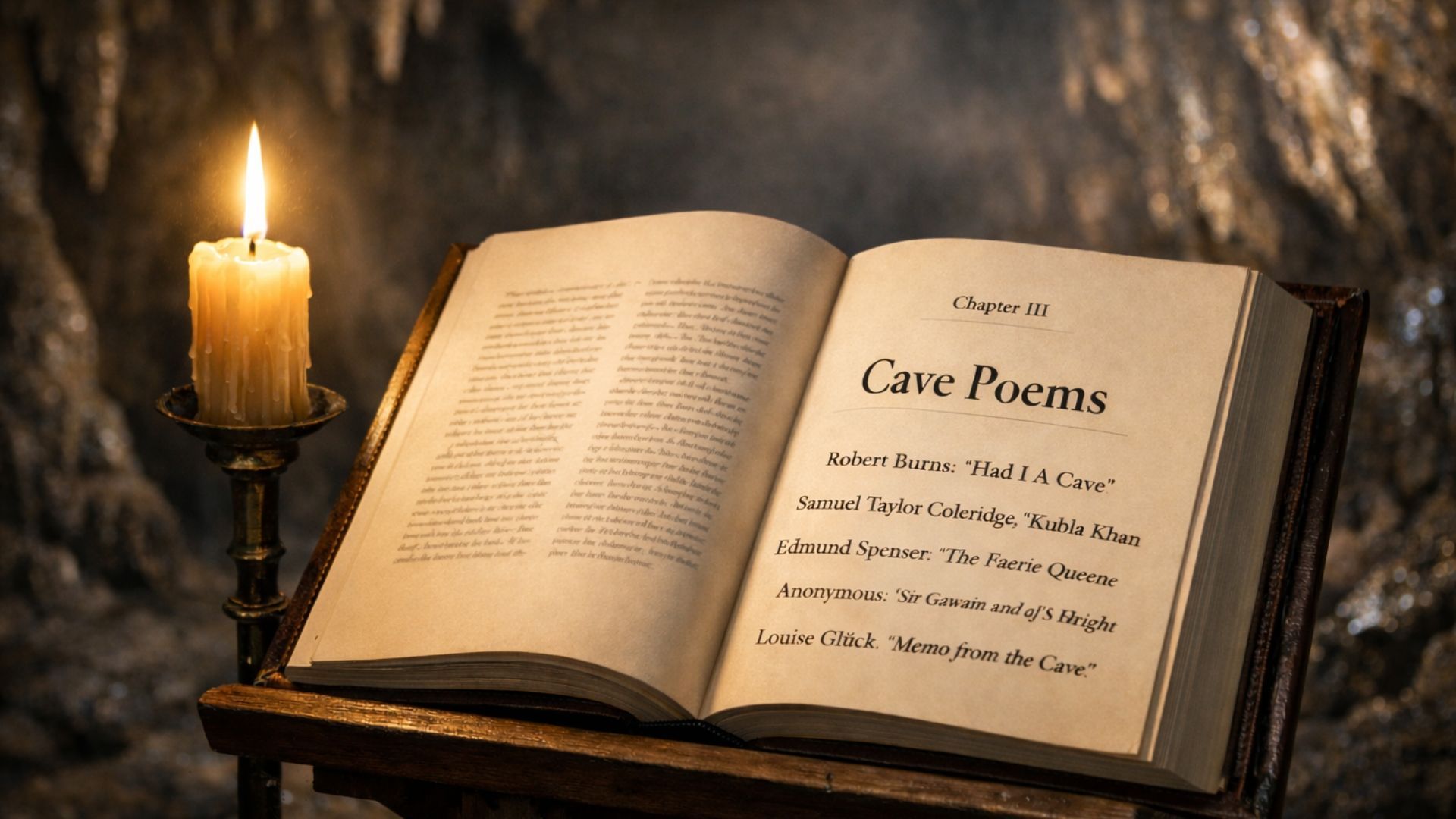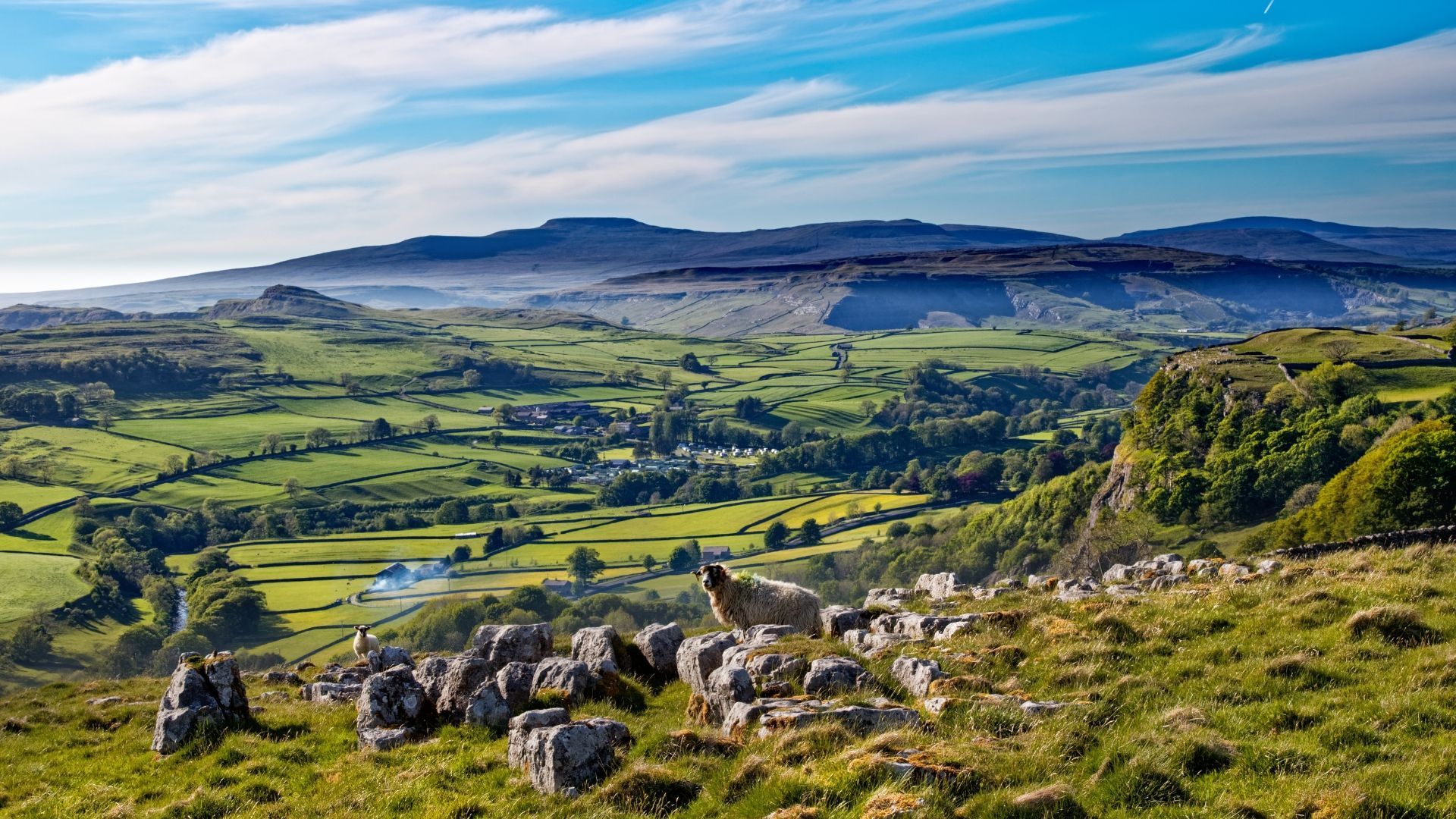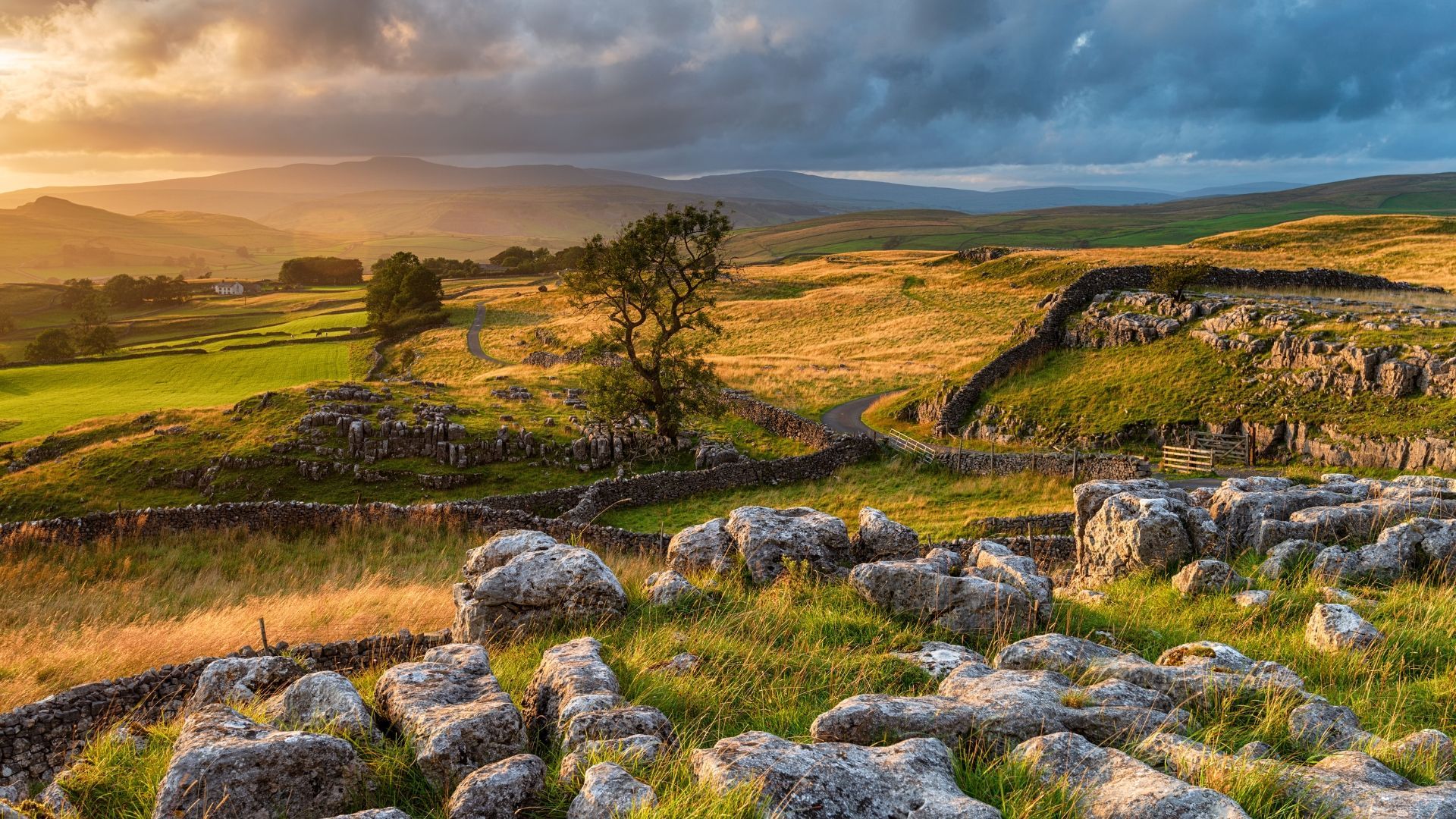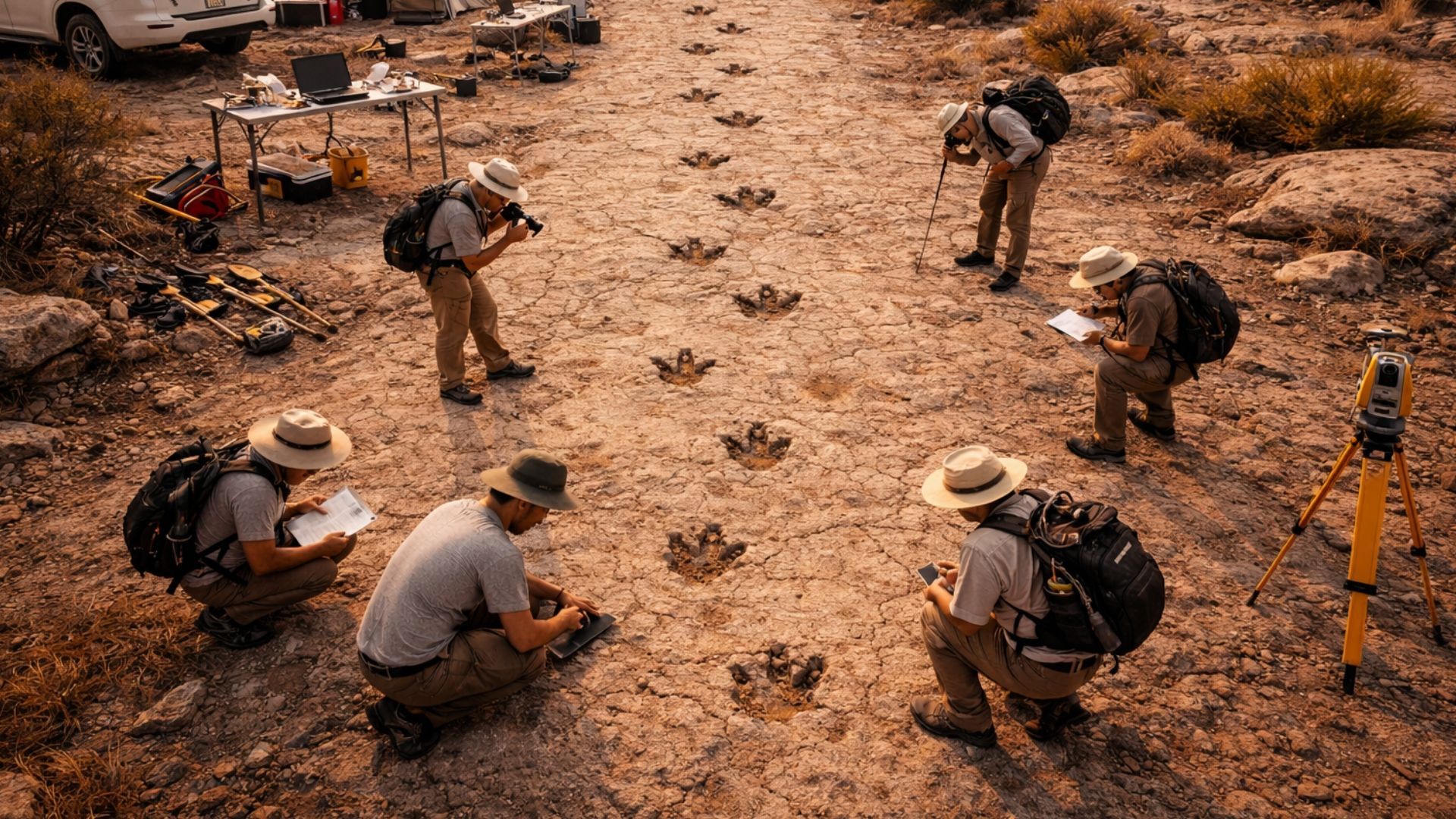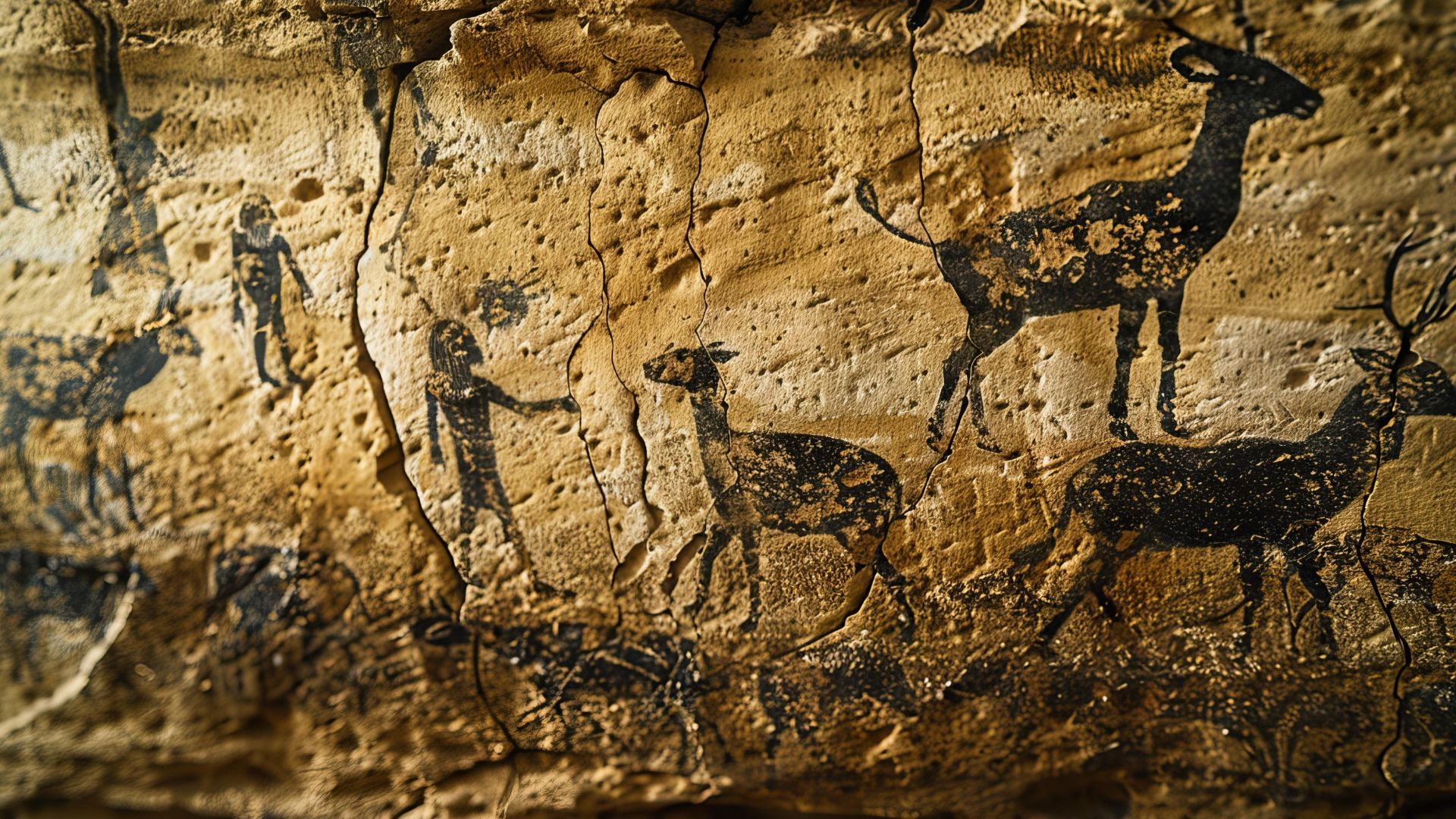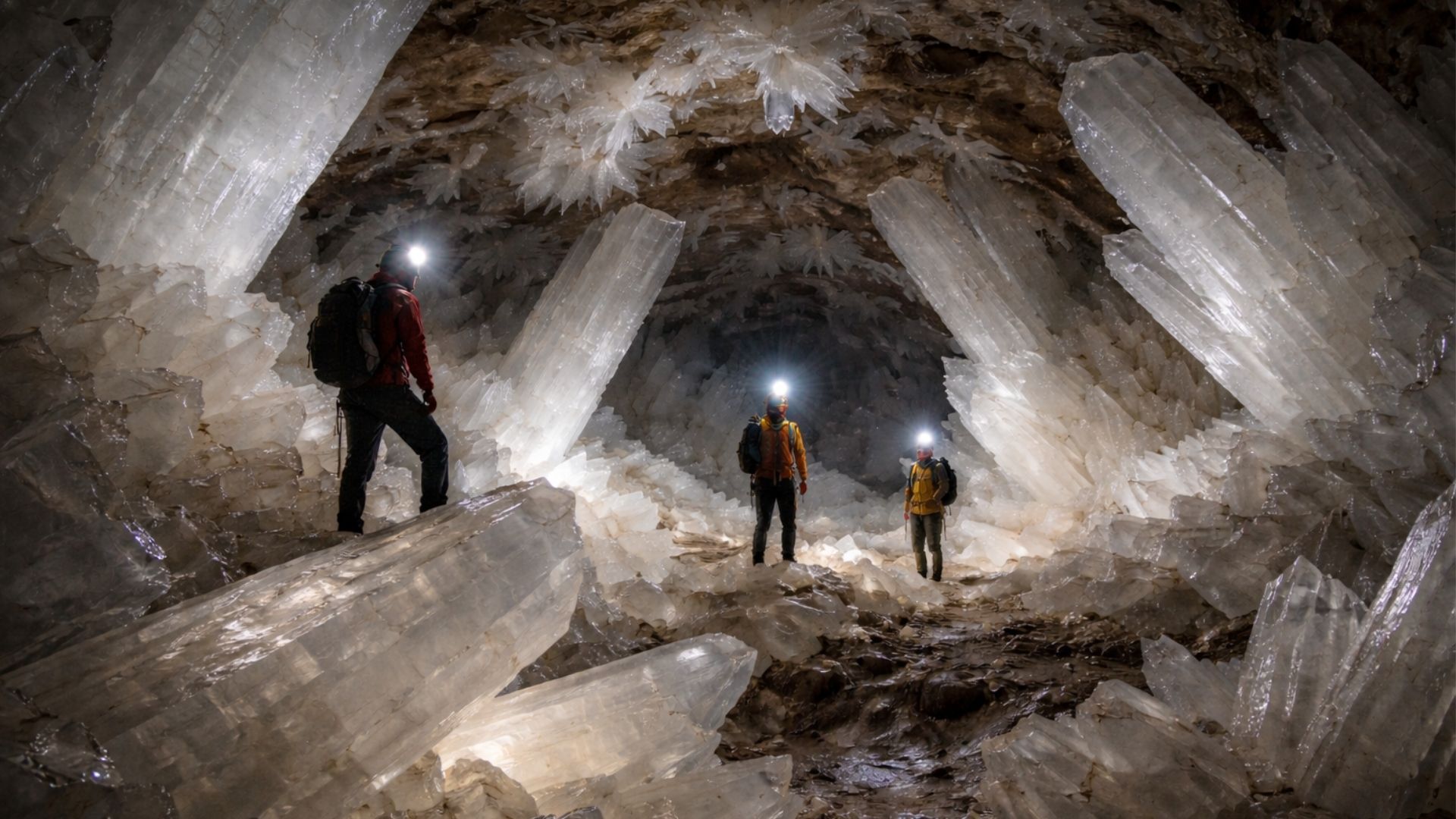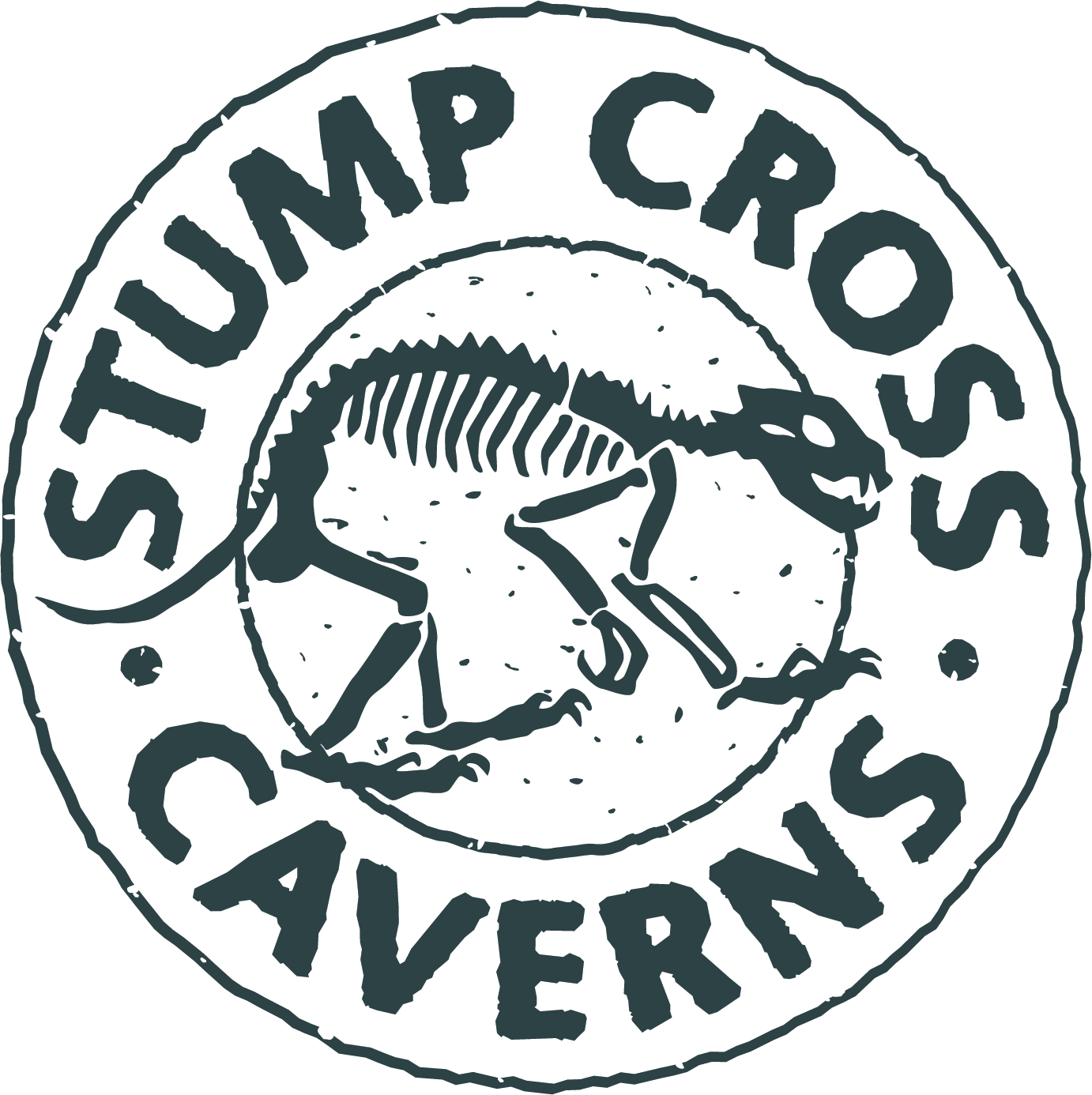Want to go for panning for gold? Find out where, how and what legal considerations you should keep in mind.
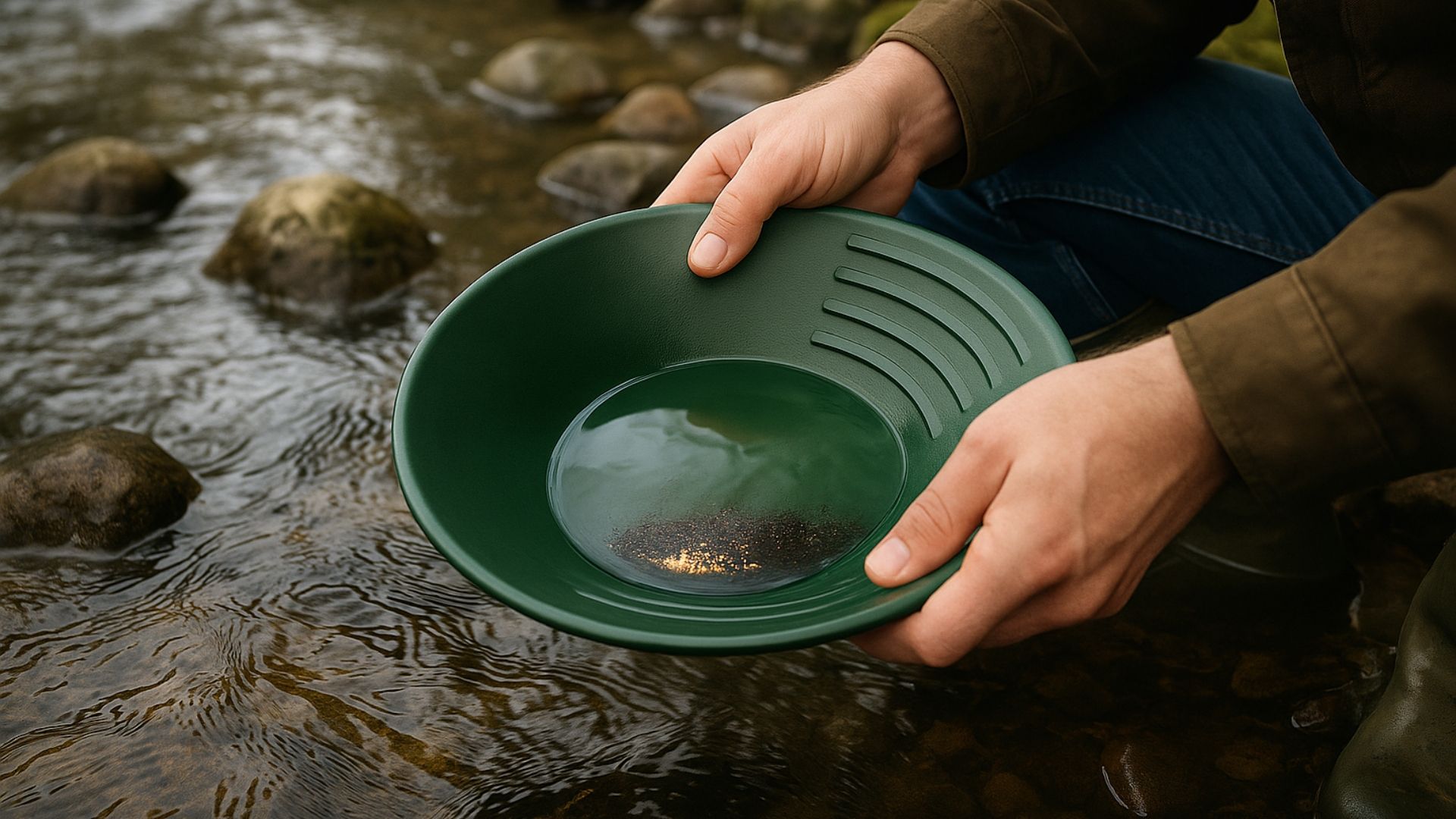
Close your eyes and think of gold panning. What do you see?
Chances are you've cast your mind back to the Gold Rush of the 19th century. This was a time when workers fled to gold-rich locations in California, Australia, New Zealand and Canada, armed with rudimentary equipment and their lives in a bundle on their backs. There, they camped on riverbanks, sifting for gold in the murky water.
But did you know that some people go gold panning here in the UK? Sure, it's something of a niche hobby. Your chances of finding someone with "gold panning" on their CV are slim. But for those who love to pan, there are opportunities across the four nations.
Like metal detecting, however, gold panning isn't something you can do at the drop of a hat. Aside from the equipment you need, there are legal considerations to bear in mind.
Some of these are common sense (seek permission on private land). Others come from arcane bits of legislation relating to the Crown.
In this article, we pan for facts amid the online murk. We hope it gets you closer to the gold in Britain's rivers.
Is gold panning legal?
Generally speaking, gold panning is legal on public land – or on your own private land.
On private land and in mining areas, however, regulations and permissions apply. While you don't need a licence to pan for gold on private land, you do need the landowner's permission – especially if the riverbed or riverbank belongs to them.
This is because UK law states that landowners own any item found on their land – apart from treasure, which belongs to the Crown.
If you find gold in one of Britain's rivers, you may have to hand it over to the landowner. For this reason, it's worth getting a written agreement in place
before you pack your car with panning equipment.

If you're panning for gold for commercial gain, you need to get a lease from the Crown Estate. This is the British monarch's "public estate". It doesn't belong to the government, nor does it form part of the monarch's private estate. It does, however, have more rights than you do.
The most relevant right here is that the Crown Estate can remove any gold you discover unless otherwise agreed.
As well as gaining permission from the relevant authorities, you need to demonstrate that you won't cause environmental damage when panning for gold.
How do you pan for gold?
At its simplest, gold panning consists of a container shaped like a pie pan. This separates river sediment from water. The panner then looks through the pan for gold deposits with a shovel or trowel.
Panners also use a "classifier". This is a kind of sieve that separates fine materials from bigger bits of rock and debris. It's these finer materials that may contain traces of gold.
Commercial gold panning is a different kettle of gold. It uses equipment such as sluice boxes, wash plants, highbankers, electric pumps and dredges. These will almost certainly be prohibited without permission from the landowner.
What is the Treasure Act?
If you find gold or silver when panning, you need to check if it meets the criteria for treasure laid out in the Treasure Act 1996.
It does? Congratulations! Unfortunately, it belongs to the Crown and must be reported to your local Finds Liaison Officer or a museum.
"All finds", the Act states, "must be reported and, if confirmed, museums must be allowed to buy the items at their current market value."
This means you can't sell it to any organisation or individual either in the UK or overseas. You're also unable to set the price of the treasure. This is determined by market value and set by the Treasure Valuation Committee.
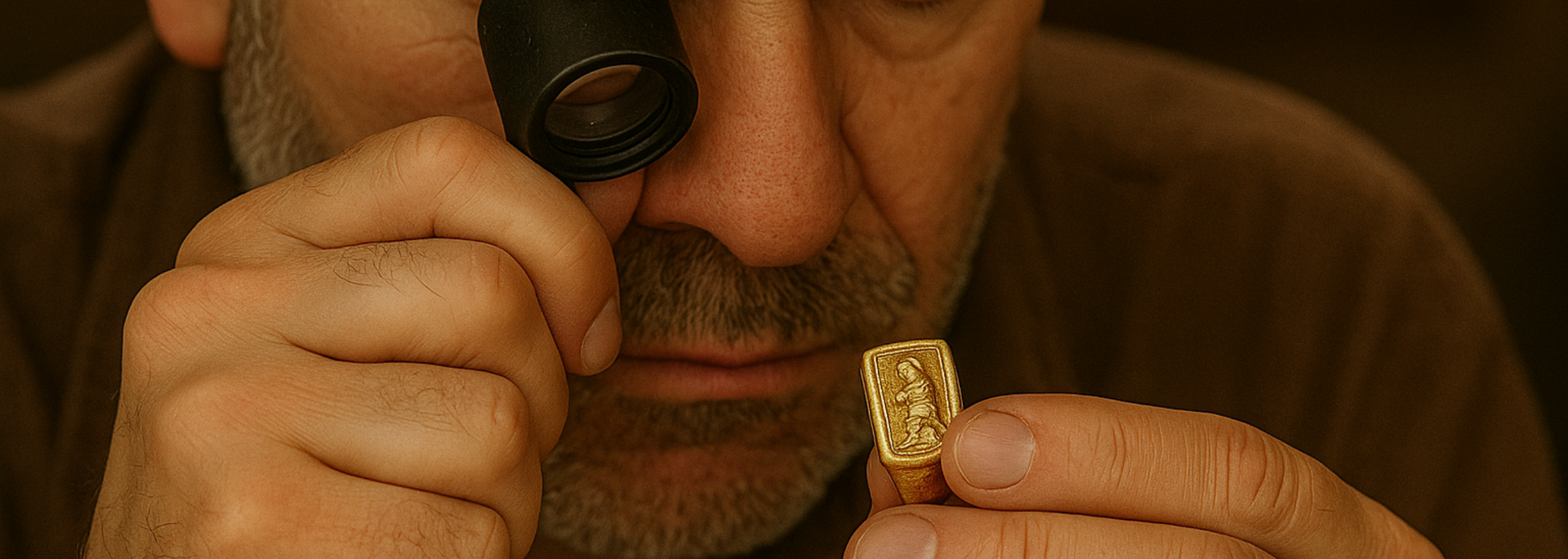
That said, it's unlikely you'll find treasure when panning for gold. The details get complicated, but – legally speaking – "treasure" refers to things like ancient coin hoards and "prehistoric base metal objects". In other words, not the sorts of things you find in your average stream.
Where can you pan for gold in the UK?
There are many good spots for gold panning in the UK. In England, people have hit the jackpot in Devon, the tip of Cornwall, the Lake District, the Pennines and the Forest of Dean. Northwest Scotland is a hotspot, as is the Dolgellau Gold Belt in Wales.
If you're new to gold panning, you might want to consider joining a club. This will help get you acquainted with the methods and equipment you need. And who knows? You might make some friends in the process.
At this point, you're probably wondering what the likelihood is of finding gold through panning. The simple answer is that it depends. You need the right equipment and a suitable location. Beyond that, your guess is as good as ours.
Panning for gems at Stump Cross Caverns
Here at Stump Cross Caverns, we offer so much more than an ancient show cave. Slap bang in the middle of the jaw-dropping Yorkshire Dales, we make the most of our location with a jam-packed calendar of events and experiences.
One of these is Stump Cross Mining Co., where kids get to be miners for the day – and take home any real gems they find in our
gem panning sluice.
The process is simple. You take a bag of rough and pour it into a tray. Could there be gems in the mix? Find out by shaking it over the water-filled troughs of the gem sluice. Who knows what you could find?
It's a fun, hands-on activity in the fresh air that's loved by young and old alike. So, if you want a day out that you won't forget in a hurry,
book for gem panning at Stump Cross Caverns today.

